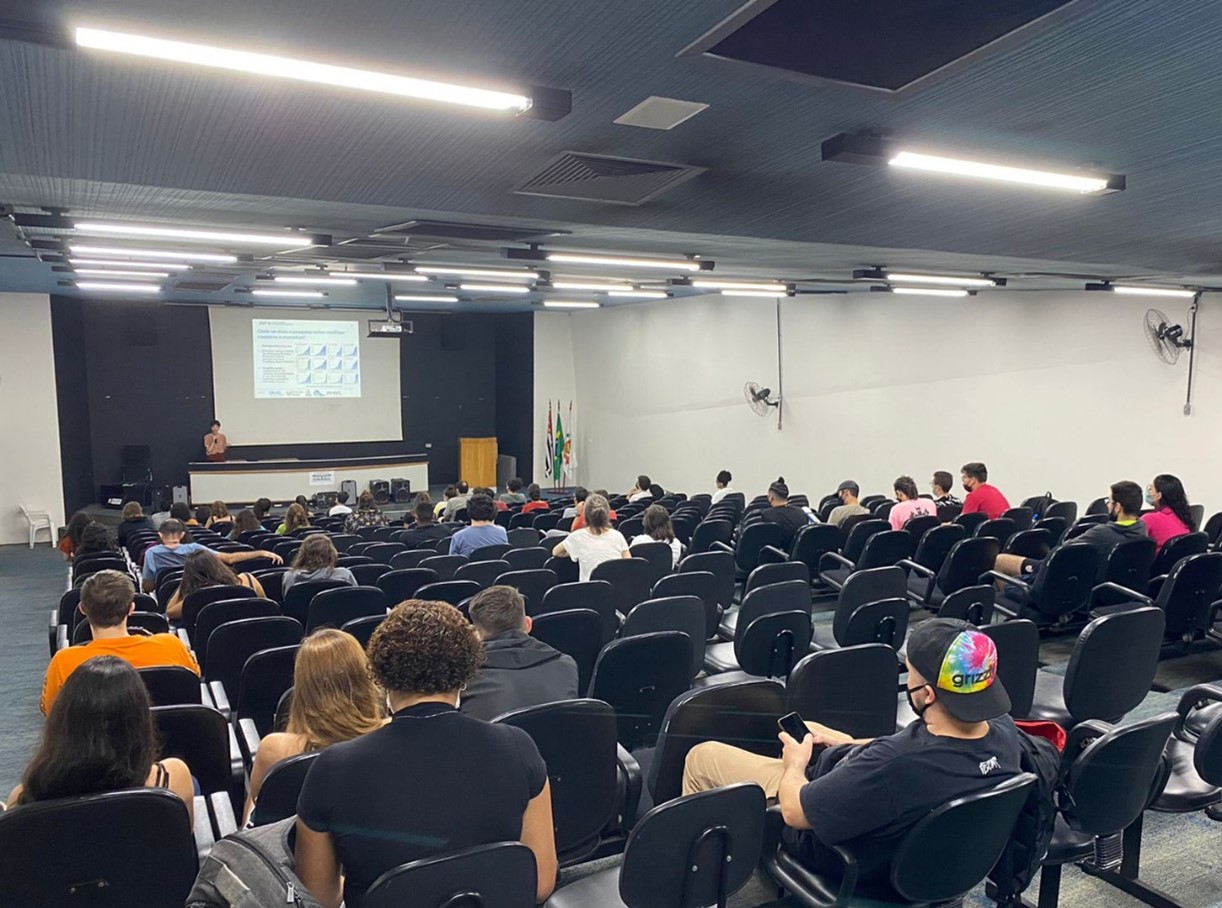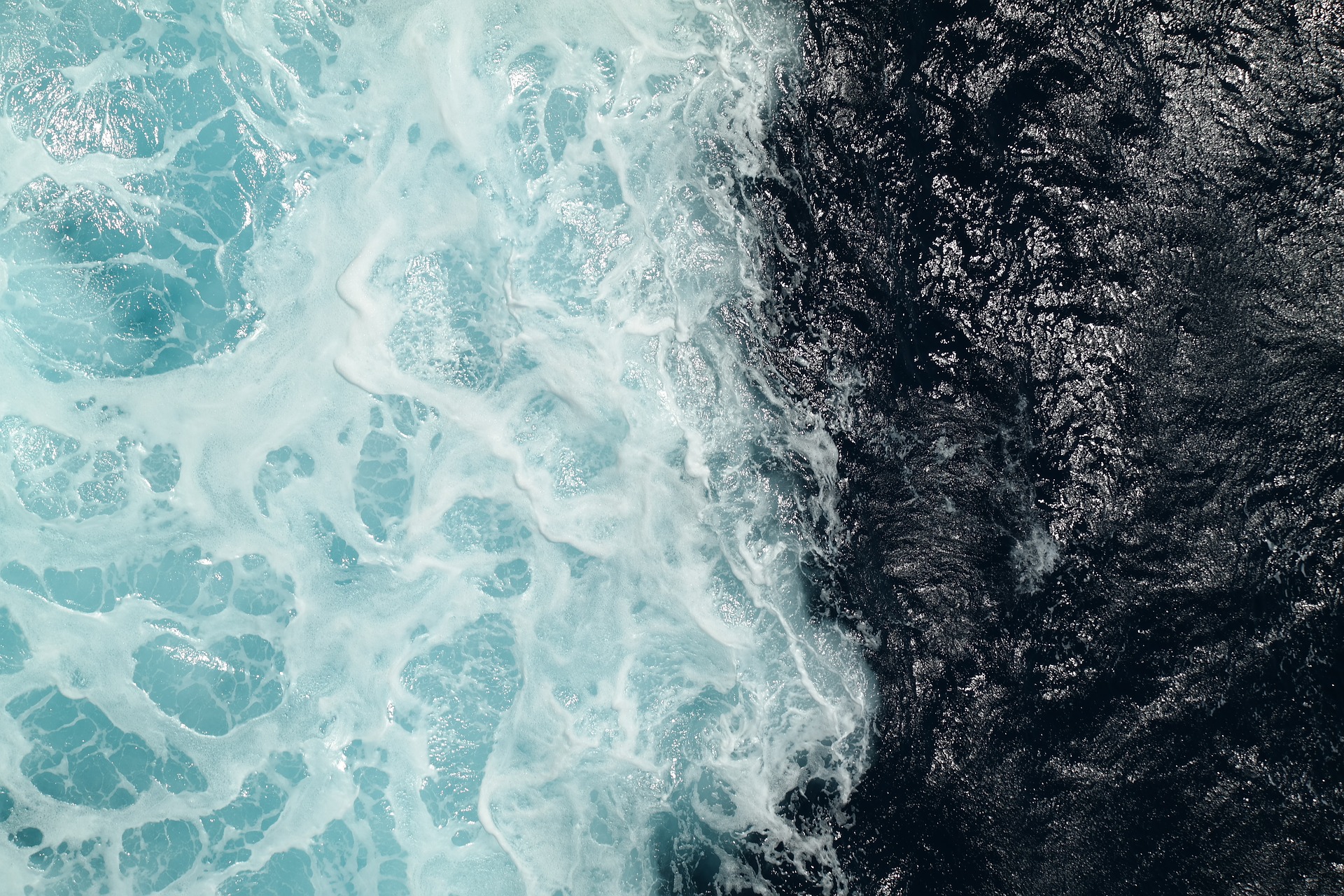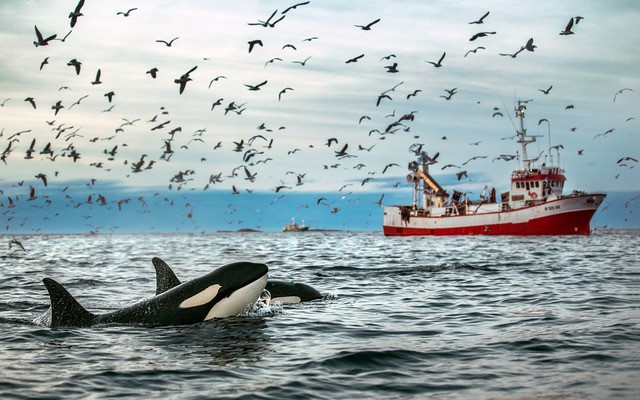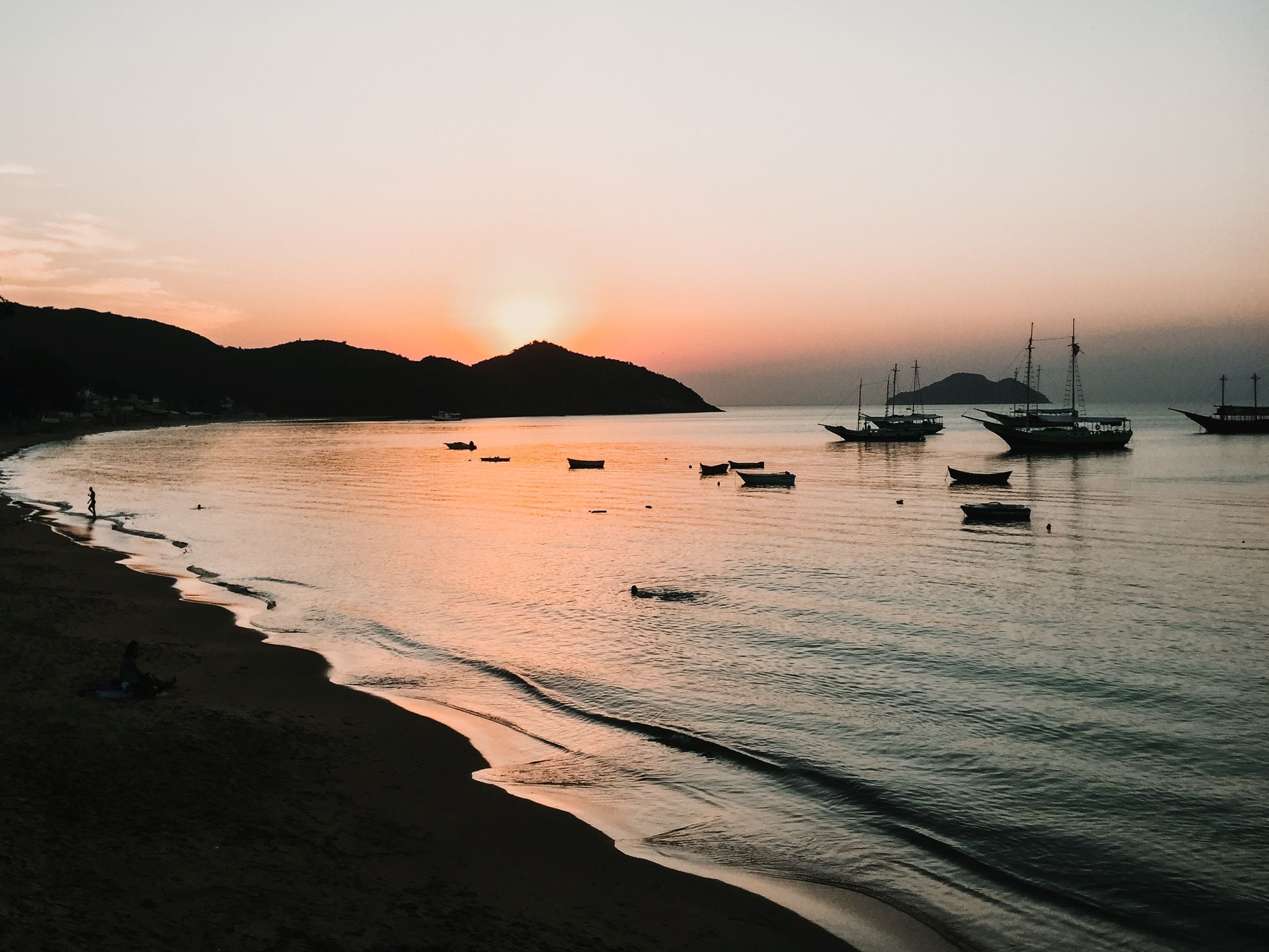
Meeting between Brazilian case studies of OceansPact and NoCrises projects
The Brazilian team of OceansPact was pleased to receive a visit from Lol Dahlet, researcher linked to the NoCrises project, also funded by the Belmont Forum. Lol is a PhD student at University of Bremen (Leibniz Centre for Tropical Marine Research - ZMT), supervised by Dr. Marion Glaser, and her research is being carried out in the northern region of Brazil.
The goal of the meeting was to promote interaction between the two Brazilian case studies that are working with coastal and marine conflicts involving small-scale fishing activities - in the north coast (NoCrises) and in the South coast (OceansPact). The meeting was a great opportunity for interaction among the Brazilian cases and for the discussion of possibilities for cooperation and cross-regional network.
In addition to the meeting, Lol also gave a talk on Coastal-Marine conflicts to the Federal University of São Paulo (UNIFESP/Santos) researchers and students.




